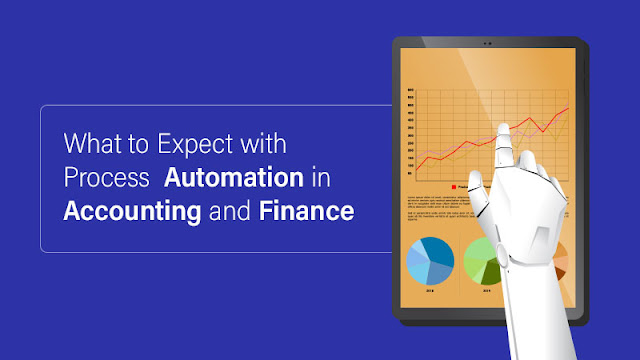Accountant and finance professionals play a crucial role in the success and growth of any business. However, in most companies, these critical resources are put into inefficient financial processes, making them of no use for high-value activities. Now, with digital solutions, you can automate core processes, such as invoicing and expenses management, to reduce inaccuracies and free up the finance department for more useful work.
Businesses need to utilize their resources as efficiently as possible to stay ahead in today's competitive world. Companies can make concerted efforts to streamline and optimize their finance processes to ensure their survival in the long run. Let's take a deep dive into some of the measures that you can take to make your financial processes faster and smarter.
Common Challenges Faced by Finance and Accounting Teams
Inefficiency
When businesses rely on traditional systems to manage finances, they have to deal with a lot of useless information, making the entire process complicated than it should be. Further, inefficient reporting can hamper the productivity of the people in the finance department and lead to excessive stress. Then, there's also the factor of putting highly qualified and intelligent finance professionals into mundane, repetitive manual work. Such tasks can be automated, allowing companies to use their skilled staff for more productive and value-adding activities.
Fraud
Companies need to stay vigilant to prevent fraud. According to the Association of Certified Fraud Examiners, fraud led to corporate losses of $7 billion in 2018. Falsified billing details and obscure account payable systems, such as invoices not matching with expenses and tampering of checks, are some of the causes of fraud. Businesses can enhance the visibility and oversight of their operations by adopting a sturdy approval process that prevents individuals from signing off an invoice in isolation.
Difficulty in Handling Information
Accounting professionals have to deal with tons of information and documents, which can be crushing for your team. For businesses that rely on manual systems, storing, organizing, and managing these documents can be a real challenge. Additionally, you need to ensure that such information is available easily for later use to verify the information and on time of audits. The biggest challenges faced by people handling accounts payable include managing invoices received in a paper format and misplacing invoices.
Manual Errors
Manual data entry not only costs businesses a lot of time and resources but also lead to avoidable blunders that are preventable with the use of automated accounting solutions. Such errors can also make businesses susceptible to severe financial repercussions. With frequent human intervention in accounting tasks, you might be facing issues like underpaid or overpaid invoices that can be more problematic down the road.
Slow Approval Process
Manual approval processes can lead to a sluggish, complicated payment processing system, causing a delay in purchase order and late payments. The suppliers might be unhappy with delayed payments, resulting in penalties or even suspend your account. Further, existing and new suppliers might be reluctant to work with you and your company. Purchase order delays may hamper your schedule for product deployment, causing deferment and can have a long-term damaging impact on your company's reputation.
Measures to Enhance the Finance Process
Review the Current Process
First, examine your existing finance processes to identify the strengths and weaknesses of the system you are currently using. You will need to decide on issues that you want to tackle first and also Identify processes that are suited to be made efficient and cost-effective. Most importantly, give priority to the areas that offer maximum gains for your business and subsequently implement changes in other processes.
Engage Your Team
Before making any significant changes to your financial processes, you must get your team on board. Gain support from senior management and finance staff as well for the changes that you want to implement across your business. You can educate them about the improvements that will result from the changes and how it will make their jobs easier. Further, to improve finance processes, you can provide cross-functional training to your team members. You can help them gain a basic understanding of your accounting software and ways to automate finance workflows, freeing their time for other beneficial tasks.
Integrate Automation
You can improve efficiency and reduce the time spent on finance processes with automation. Start with tasks that required manual input and are most vulnerable to errors. Some of the routine labor-intensive tasks include purchase orders, expense reimbursement, invoice approval, and more. Additionally, take advantage of the customization settings offered by your automation solution to apply specific rules to each process.
Most leading accounting software helps you to easily integrate with other business tools to promote efficiency across departments and improve your finance processes.

















